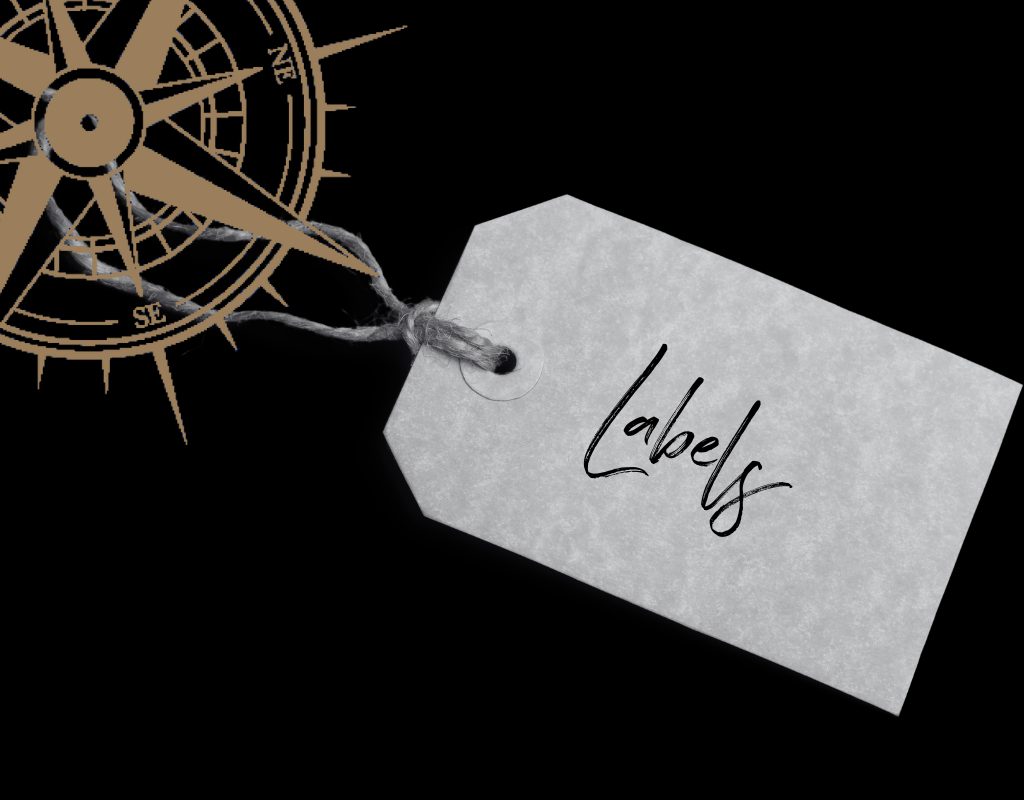So you have a desire for things to be different? You say this is the day, month or year… I’m going to do more of the inner work. But the end of February rolls around and here we are, not yet taking the biggest action steps towards your inner world goals. When you find yourself in the land of inaction …
Let me tell you a story
Let me share a story. It isn’t my story; it is a polarised, inflamed story that you might not have heard before. The story goes like this… Echo found herself on the wrong side of Venus’s wrath, cursed and unable to speak on her own. While wandering the woods one day, she stumbled upon the strikingly handsome Narcissus amidst a …


